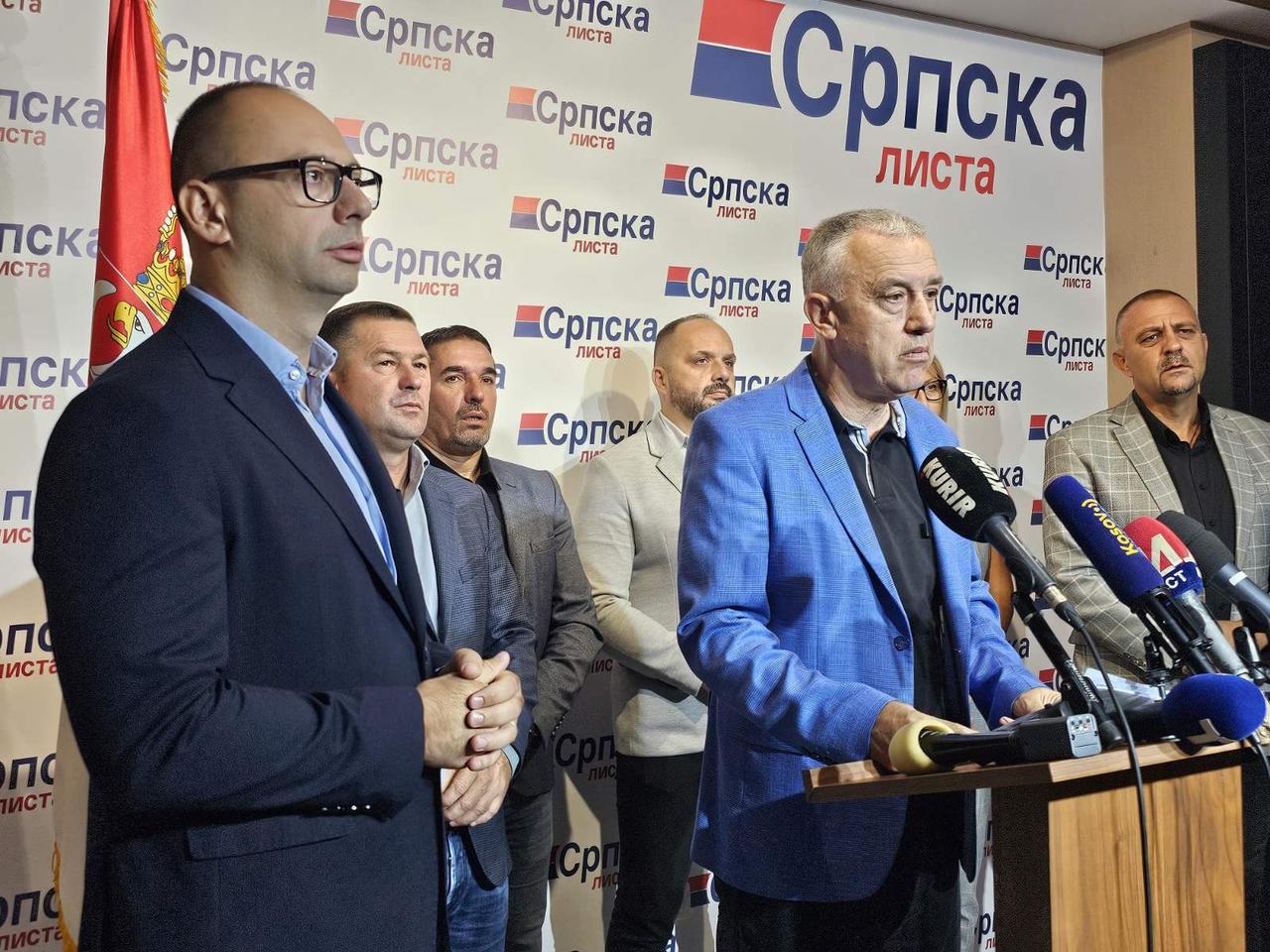
Kosovo’s Central Election Commission (CEC) has blocked the Belgrade-aligned Srpska Lista (Serb List) from participating in the upcoming Oct. 12 local elections.
In a vote reflecting deep divisions within the commission, only two members supported certification: Kresnik Radonici and Gordana Laban Zuvic; two opposed: Sami Kurtesi and Aljban Krasnici and seven abstained, resulting in the party’s exclusion from the ballot.
Officials from the governing Vetevendosje movement, who spearheaded the opposition, argued that several Srpska Lista candidates were linked to Serbia-run parallel institutions in Kosovo. Under Kosovo law, the CEC’s decision can be appealed by filing a case with the Electoral Complaints and Appeals Panel (ECAP) within 24 working hours.
ECAP must issue a ruling within 48 hours thereafter. Analysts predict that, in line with legal precedent, ECAP could overturn the CEC’s decision, similar to what occurred during the 2025 parliamentary elections, when a CEC ban on Srpska Lista was overturned on appeal.

Reactions to the Central Election Commission’s decision not to certify Srpska Lista for the upcoming elections have been mixed and highly polarized.
Acting Minister of Justice Albulena Haxhiu praised the decision, calling it "an important victory for democracy." She stated that Srpska Lista’s alleged ties to the Banjska attack justified preventing the party from participating in the elections.
On the other side, Serbia’s Foreign Minister Marko Duric condemned the CEC’s decision, branding it an example of “political engineering” intended to silence the Serbian minority. He urged the international community to intervene, arguing that such actions erode trust and run counter to democratic principles.